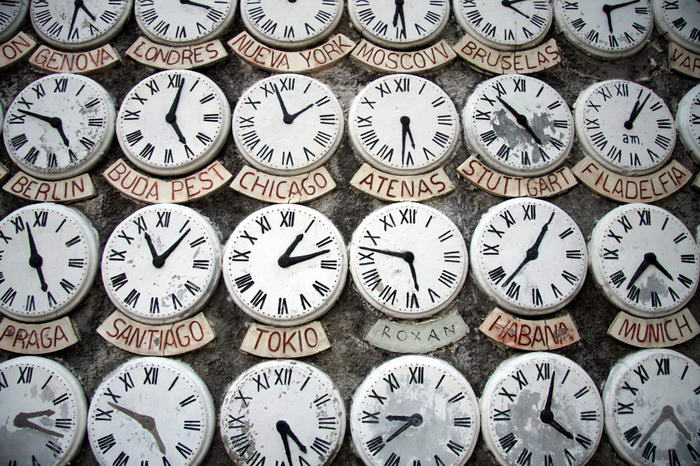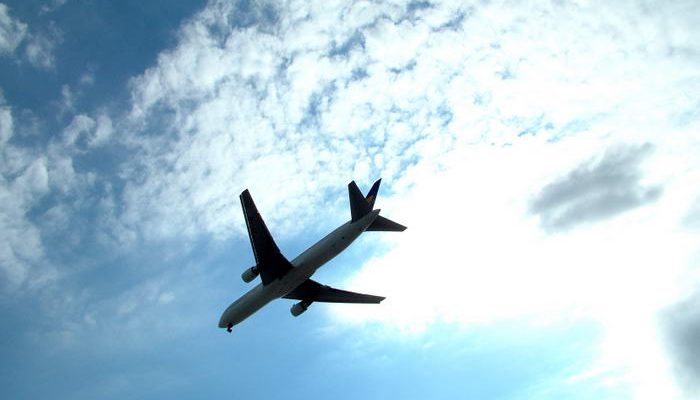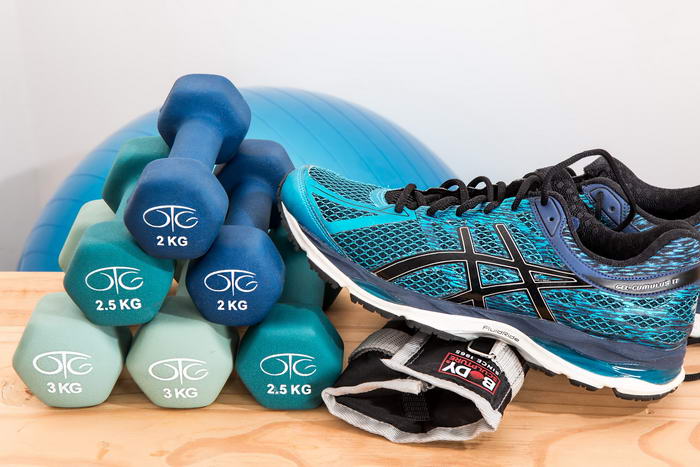Ever been so thrilled about an overseas adventure, only to find yourself nodding off at 10 am or wide awake at 3 am when you arrive? Yup, that’s the pesky traveler’s enemy – jet lag. At its core, jet lag is a disruption in our body’s internal clock caused by crossing time zones too quickly. Think of it as a mismatch. Your body is tuned to one time zone, but you’re physically in another. This misalignment messes with everything from your sleep to your digestion. And while many of us shrug it off as a mere inconvenience, it’s a lot more than that. It can throw off business meetings, ruin the start of a vacation, and can even have health implications. But before you swear off international travel altogether, there are tried and tested strategies to help beat jet lag and get you back in sync.
Luckily though, there are some tried-and-true techniques you can use before, during and after your flight to reduce the effects of jet lag and give you more quality time at your destination. Read on for ten tips to help you fight jet lag when you next travel.
10 – Adjust Your Internal Clock
Before you even set foot on that plane, start the fight against jet lag by adjusting your internal clock. How? Gradually shift your bedtime and wake-up time closer to the schedule of your destination a few days before departure. If you’re traveling east, try going to bed an hour earlier each night. If you’re heading west, do the opposite. It’s a simple yet effective method. By the time you land, your body will be more in sync with local time, making the treatment of jet lag smoother.
09 – Leave Home Well-Rested
A common mistake travelers make? Starting their journey tired, thinking they’ll just sleep on the plane. Bad idea. While you might catch a few winks, airplane sleep isn’t always the most restful. Always ensure you’re well-rested before you fly. It not only helps in getting over jet lag but also ensures you have enough energy to tackle any travel glitches with a fresh mind. After all, a well-rested traveler is a happy traveler.
08 – Cut Back on Caffeine
We all love our morning cuppa. But if you’re looking to beat jet lag, it might be a good idea to cut back on caffeine close to your flight. Caffeine can mess with your sleep patterns and further aggravate jet lag symptoms. Remember the health benefits of drinking coffee? They’re great, but not when they’re messing with your sleep on a long-haul flight. Opt for herbal teas or just warm water as you near your departure. This way, when you do drink coffee at your destination, it will have a more potent effect in waking you up.
07 – Stay Hydrated
Airplanes have a knack for drying us out, don’t they? The dry air in the cabin can lead to dehydration, making jet lag symptoms even worse. The mantra here is simple: drink more water. Keep a reusable water bottle handy and refill it during the flight. Avoid waiting till you’re thirsty. By keeping yourself hydrated, you’re aiding your body in adjusting to the new time zone. Plus, regular trips to the restroom mean a bit of stretching, which is always good on long flights!
06 – Limit Alcohol
The free booze on planes is tempting. But here’s the thing – alcohol can severely disrupt sleep. It might make you drowsy and even help you nod off, but the quality of sleep you’ll get is compromised. Alcohol also dehydrates you, counteracting the benefits when you drink more water. Once you land, it can exaggerate jet lag symptoms. If you must drink, limit it to one and counteract with plenty of water.

05 – Sleep During the Flight
Ah, the ever-elusive in-flight sleep. To truly beat jet lag, catching some Zs in the sky is crucial. First, consider your flight duration and timing. If it’s an overnight journey, make it a priority to get some shut-eye. Pack earplugs and an eye mask to block out ambient noise and light. Maybe even invest in a good neck pillow.
But what if it’s a day flight? Napping is okay, but be mindful not to overdo it. Short power naps can recharge you without throwing your entire sleep schedule off track. Remember, the quality of sleep counts more than the duration when you’re thousands of feet up in the air.
04 – Get Active and Go Outside
Touch down in a new time zone and feeling groggy? One of the best remedies is to get moving. Resisting the urge to crash in your hotel room can be tough, but it’s vital. Instead, head outside. Why? Natural sunlight helps regulate our internal body clock.
Engage in some light exercises, take a brisk walk around your new surroundings, or perhaps a morning jog. Exposure to sunlight not only aids in getting over jet lag but also gives you a burst of energy. Plus, it’s a fantastic way to familiarize yourself with a new city!
03 – Stay Up
Sometimes, the best way to reset your clock is to push through the fatigue and stay up until it’s bedtime at your destination. Sounds challenging? It might be. But the rewards are worth it. If you arrive in the morning or afternoon, resist the temptation to nap.
Instead, engage in activities that keep you on your toes. Visit a local market, explore a museum, or chat with locals at a coffee shop. The aim is to wear yourself out just enough so that when nighttime arrives, you fall asleep without a hitch.
02 – Regulate Temperature and Light
Your environment plays a massive role in how your body responds to jet lag. Our internal clocks, or circadian rhythms, are heavily influenced by temperature and light. When you’re at your accommodation, try to mimic the natural light conditions outside.
Daytime? Let in as much natural light as possible. Nighttime? Dim the lights or use curtains. Similarly, ensure your room temperature is comfortable. Cooler temperatures tend to promote better sleep. Making these small adjustments can pave the way for a smoother jet lag recovery.
01 – Eat Protein
When it comes to fighting fatigue and boosting energy, the food you consume plays a pivotal role. And guess what’s on the menu to tackle jet lag? Protein. Consuming protein-rich foods gives your body the necessary fuel to combat tiredness.
Think lean meats, legumes, nuts, and eggs. Not only are they among the healthiest foods for your daily diet, but they also help stabilize blood sugar levels, ensuring you have sustained energy throughout the day. So, the next time you’re looking for a post-flight meal, make sure it’s protein-packed!
Understanding Melatonin’s Role in Combating Jet Lag
Melatonin – ever heard of it? It’s the little hormone responsible for regulating our sleep-wake cycle. And guess what? It’s also becoming a popular remedy among travelers looking to combat the effects of jet lag. Naturally produced by our brain when it gets dark, melatonin signals to our body that it’s time to wind down and catch some Zs.
Now, here’s where it gets interesting. Travelers have started turning to melatonin supplements to realign their internal clocks with the time zones they find themselves in. But how effective is it really? Studies have shown that when taken at the right time, melatonin can significantly reduce jet lag symptoms. But timing is crucial! Take it too early, and you might find yourself getting drowsy in the middle of a sightseeing tour. Too late, and it may interfere with a good night’s rest.
However, before you start popping pills, it’s essential to consult with a medical professional. While melatonin is generally considered safe for short-term use, there might be side effects or interactions, especially if you’re on other medications.
So, getting over jet lag using melatonin? It’s worth considering, especially if you’re a frequent traveler. Just make sure to do it wisely and under guidance.
How long to stay up to beat jet lag?
It’s one of the most asked questions among globe-trotters. The golden rule? Try to adopt the local schedule as soon as you land. If you arrive in the morning, resist the urge to take a nap. Trust me, it might feel torturous, but pushing through and staying awake until the local bedtime can dramatically reduce your jet lag recovery time. On the flip side, if you land at night, try to get some sleep, even if it’s just a few hours. Pair this strategy with natural light exposure during the day, and you’ll be giving your internal clock the best shot at adjusting swiftly. So, next time you cross time zones, remember, the key to treatment of jet lag isn’t always fancy pills or treatments but sometimes just aligning with the sun.































































